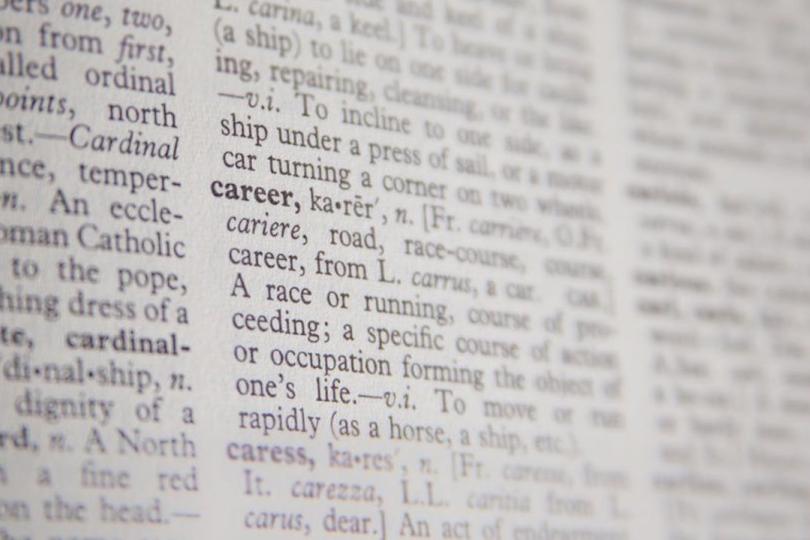Advice for actors (and everyone).

Editor's Note: One of the aspects of the Minnesota theater community that I appreciate most is the willingness of its artists, at all levels and in all areas, to share with one another. It is in our DNA. Sometimes, the sharing involves a couch or a video monitor for a set in exchange for little more than a six pack. Sometimes, all you need to do is ask.
So, we decided, let's ask. After the recent flurry of general auditions, we thought we'd ask a few directors to tell us "What action would you direct local performers to take that would help them get more work in the Twin Cities?" What they said probably applies equally across the spectrum of theater jobs.
Randy Reyes, Artistic Director, Mu Performing Arts, advises:
Be early. Be good. Be consistently good. Don't be a dick. Repeat.
Leah Cooper, freelance director:
I think the simplest, most obvious thing is to audition for the best theaters regularly because I'm more likely to see them there than at a smaller production with an unknown company (and of course it's harder to judge their work if the company they're performing with isn't great). On the other hand, if they're new to acting, they should just work as often as they can so that they get practice and get better. Volunteering to assist with auditions as a reader or just as an observer is one of the best ways to get a new view on what works well in an audition. I don't think networking is that important, but I could be wrong about that. In terms of how they work in production, being a hard and generous worker in the rehearsal room goes a long way.
David Mann, freelance Director:
Find something that's as far away from the theater world as you can imagine and do that thing as often as you can. Interact with people from completely different lines of work. Not for research - do it for real. Get involved with their business and get to know them. Go past your comfort zone and try things that seem strange in a totally non-sexy way. Join Rotary. Attend an IT convention. Go to a business networking event. Learn about sales. Or finance. Or running an organization. And really learn about it - try to do it. Why? Because these are the real versions of the characters and their occupations that appear in plays. They're also some of the people who attend plays. The more you know them, the better you get. The more you do things like this, the wider your world view gets. It's awkward, but so necessary. There's no substitute for actual experience for deepening a character. Just remember to go for all the experiences, not just the cool ones.
Jeremy Cohen, Artistic Director, Playwrights Center:
Take the note. Oftentimes, in auditions, directors are looking not only to see "are you right for the role," but is this someone with whom I can really work. Will we learn from each other, will we change each other in the rehearsal process? When it comes to the hardest moments in rehearsal (ie. final push before Tech, notes during Previews, etc), is this someone who will get the production there with me as a partner by Opening Night. And giving adjustments in auditions/callbacks allows us to see just how nimble and collaborative an actor can be
Dominic Taylor, freelance director:
Find a way to make networking around the work. The Playwrights' Center (like New Dramatists in New York) are places where performers get to work with writers and directors in the Twin Cities in a low pressure environment that lets both parties meet and interact in a way that builds the career. Some of my favorite actors in the Twin Cities, I met as they were reading stage directions for me at the Playwrights' Center.
Auditioning is always a good idea. Audition as much as you can. Occasionally after auditioning, performers meet an adjudicator of the work. This can be an awkward moment. A question I asked as an actor to adjudicators was "Do you think that is a good piece for me?" This question does not mean, "Was I good or not?" I didn't get the role, but did s/he think that I chose a good audition piece. This can bring some interesting responses.
I also think that early performers should go to as many shows as they can. That way they will know what theaters and artists they might want to work with.
We'll share more responses as we receive them.


